7-days Sailing – Dubrovnik – Dubrovnik R1 Route 1
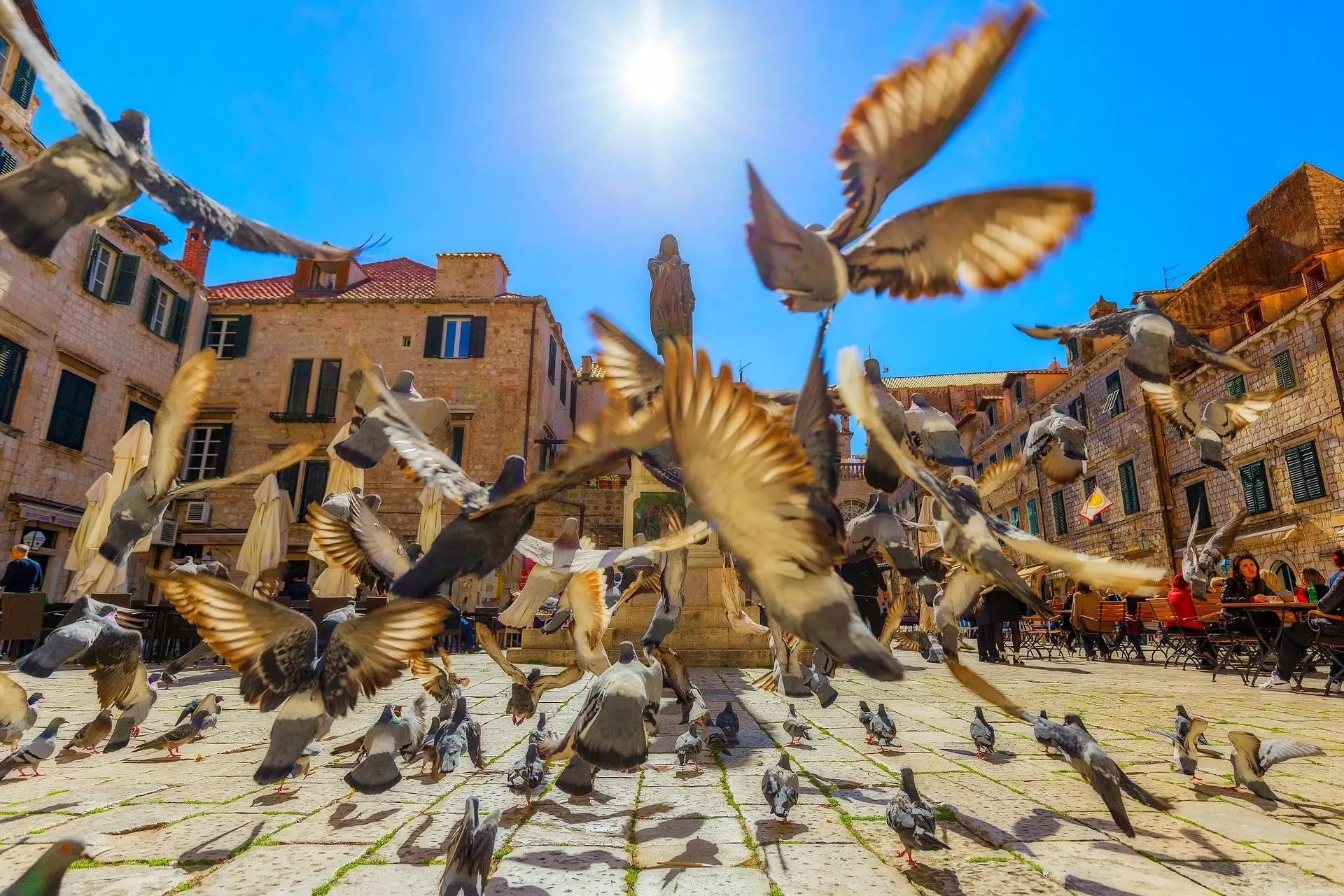
Day 1: Dubrovnik - Kobaš (Pelješac)
Uvala Kobaš is a small cove in Stonski Kanal, hiding a village and a jetty. Many small piers dot the cove, at which it's possible to berth up to 18m depth.
It is well protected from all winds except the north wind (bura).
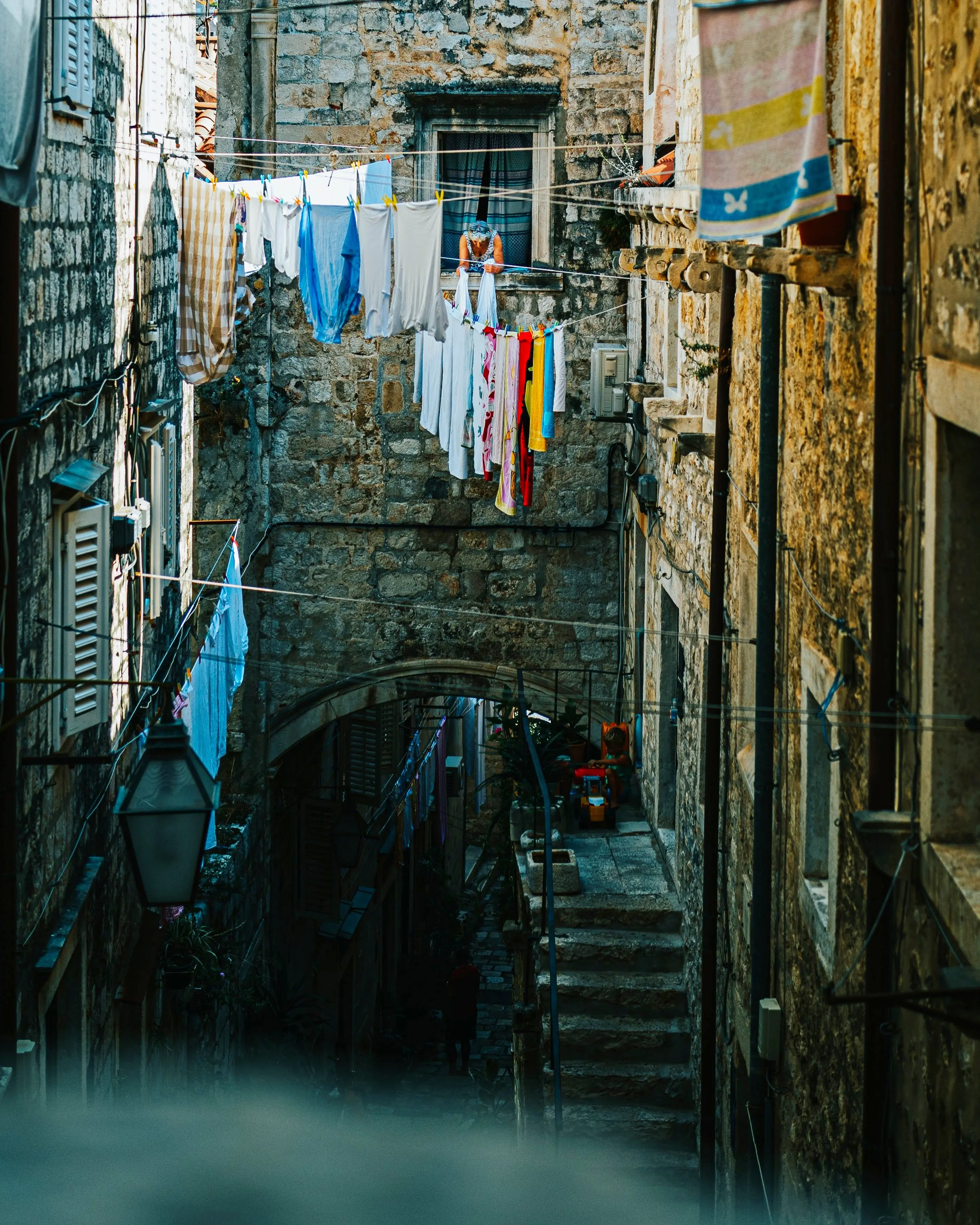
Day 2: Kobaš - Pomena (Mljet)
Pomena is a small port village settled in the heart of the National park of Mljet. Being very close to Dubrovnik, and connected to it by regular boat line, Pomena is a unique tourist destination in its being a part of pristine natural and historic environment; while at the same time retaining the advantages of the proximity to a large city center such as Dubrovnik. Various accommodation and recreation possibilities are offered in Pomena, and the island of Mljet itself being a National park, it is not to be overlooked when travelling through the Adriatic.
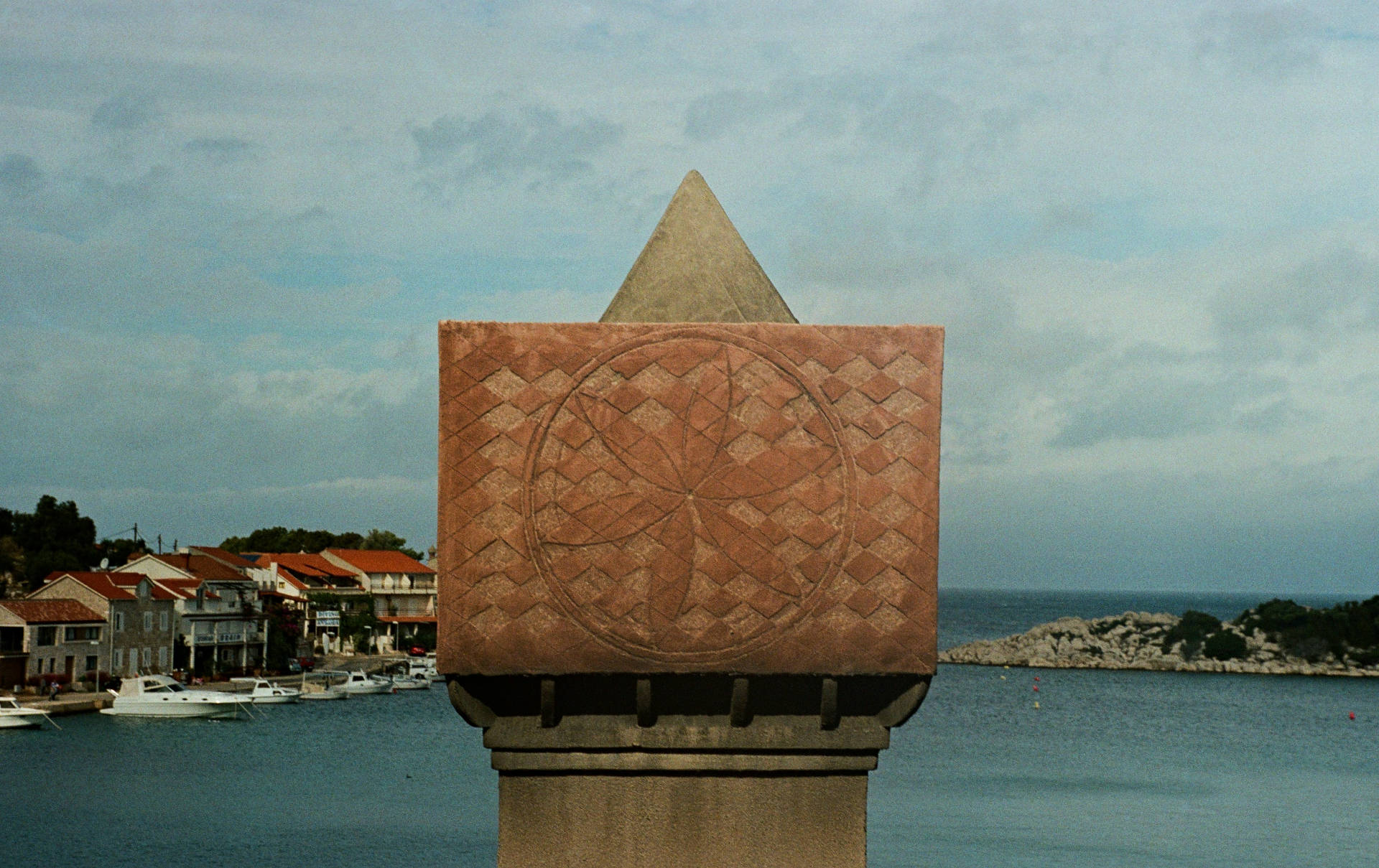
Day 3: Pomena - Zaklopatica (Lastovo)
Zaklopatica is a cove on the north side of Lastovo, only 2 km away from the town Lastovo. It is possible to berth smaller boats at its modest riva, or in the middle of the cove up to 15m deep. Almost closed up by the isle in front of it sharing its name, the entrances to the cove are 1m-7m deep. Zaklopatica is a perfect starting point for the exploration of Lastovo's beautiful natural environment, whether via land, sailing, or diving.
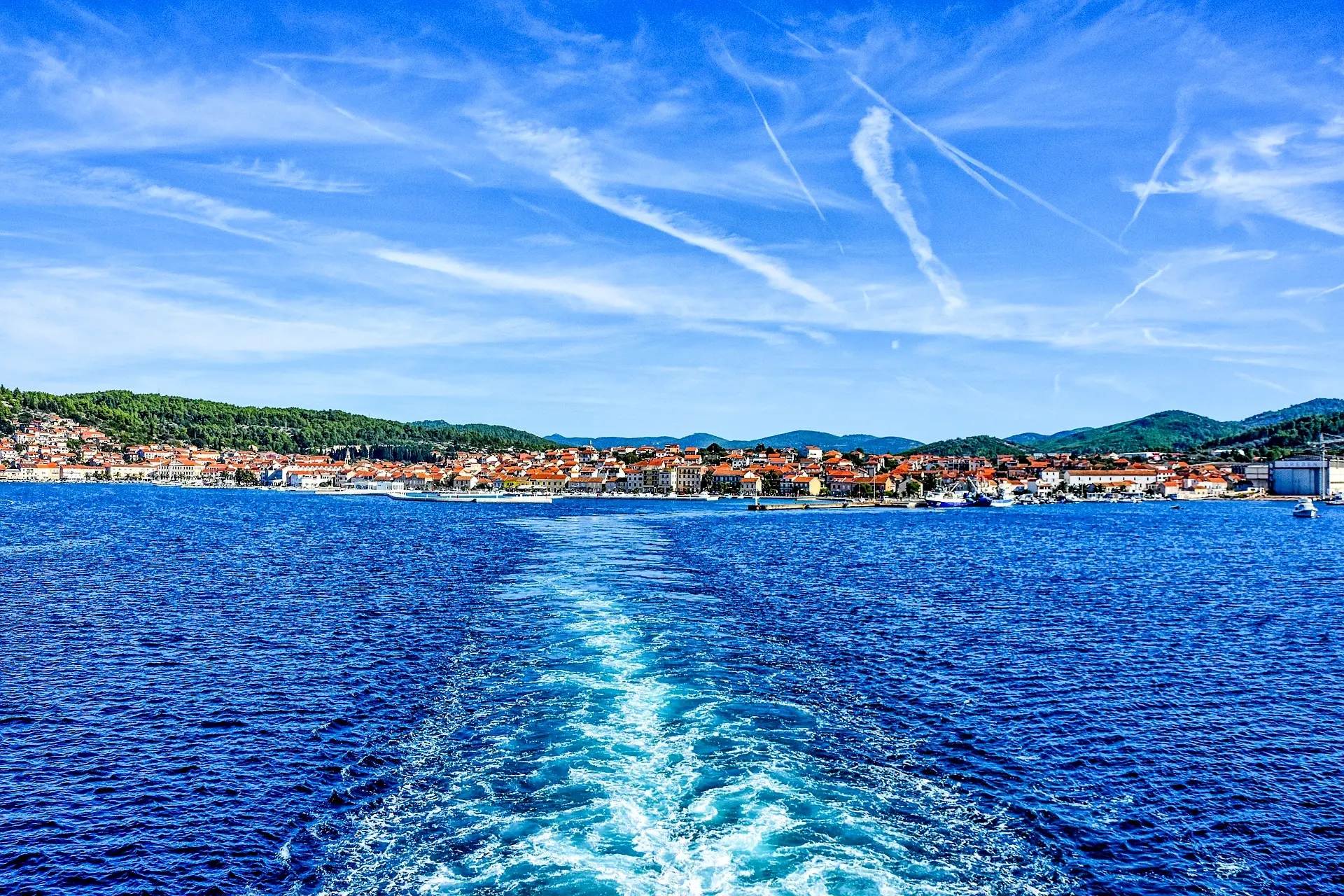
Day 4: Zaklopatica - Vela Luka (Korčula)
The area of Vela Luka on the island of Korčula bears archaeological evidence of habitation as early as the Old Stone Age - 20,000 B.C. To the present day, the Illyrians, Romans and Slavic peoples have all left their marks on this soil; with the Vela Luka of today blossoming since the 18th century to the present day. The town of Vela Luka is located at the end of a bay 9,2km long, offering excellent shelter from the elements. Trips are organized many times a day from here, to the many surrounding islands, including the well-known Proizd and Ošjak.
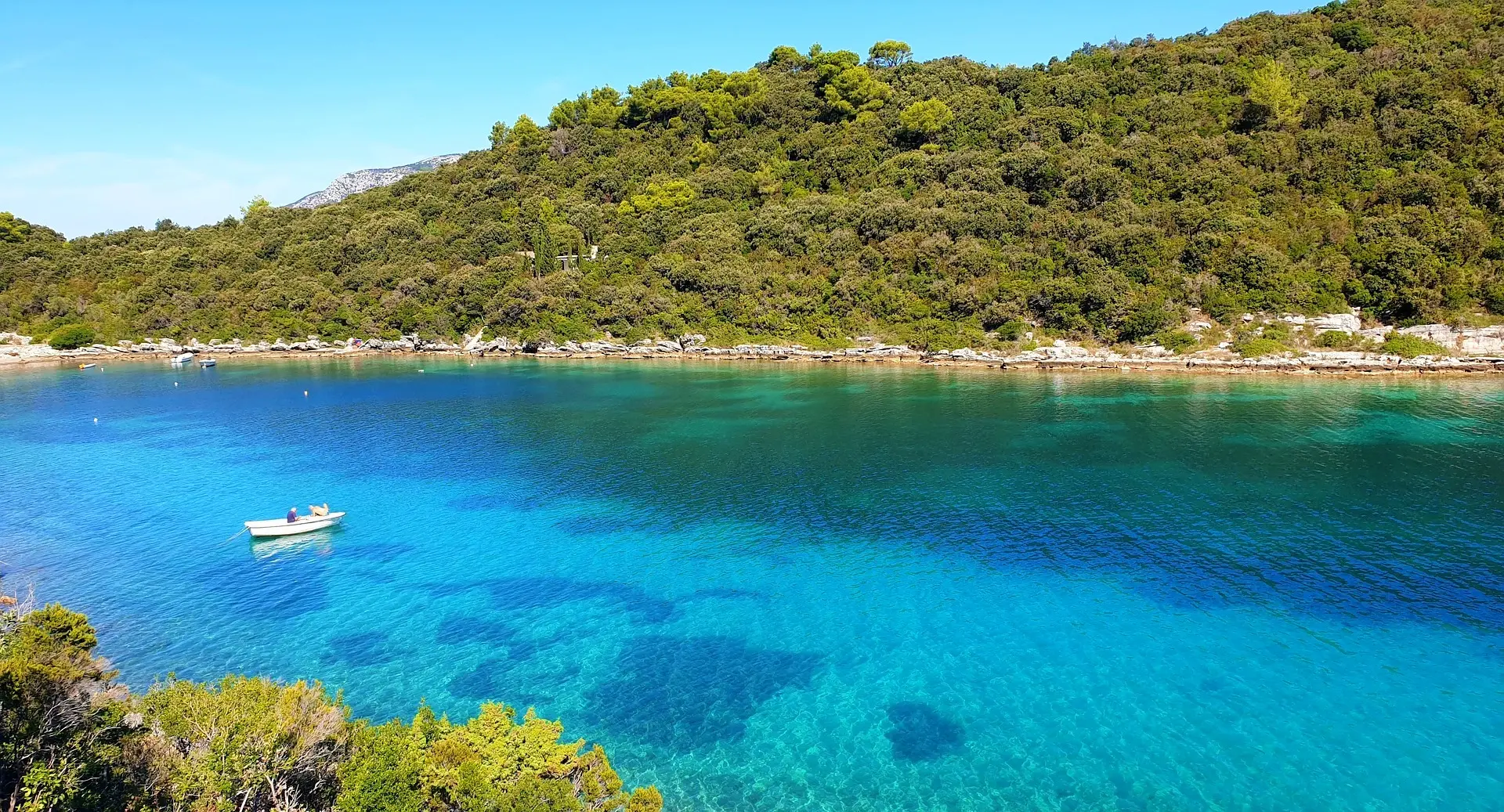
Day 5: Vela Luka (Korčula) - Korčula (Korčula)
he island of Korčula is the jewel of the Adriatic archipelago. The island is indented with a series of isles and inlets, and a special mark is bestowed on it by its lush vegetation. Around it, you can enjoy swimming on many beaches, as well as diving in an underwater world of exciting flora and fauna. The city of Korčula is a historic and tourist center of its island. It is one of the best preserved medieval cities in the Mediterranean. Moreška, danced within Korčula, is one of three chivalric dances that you can witness only on this beautiful island. The town of Korčula is also considered the birthplace of the world's greatest traveller, Marco Polo, whose house of birth is located in the center of the old town. ACI Marina Korčula ( http://www.aci-club.hr/aci.htm ) is situated in a small inlet east of town. Its northern side is protected with a breakwater.
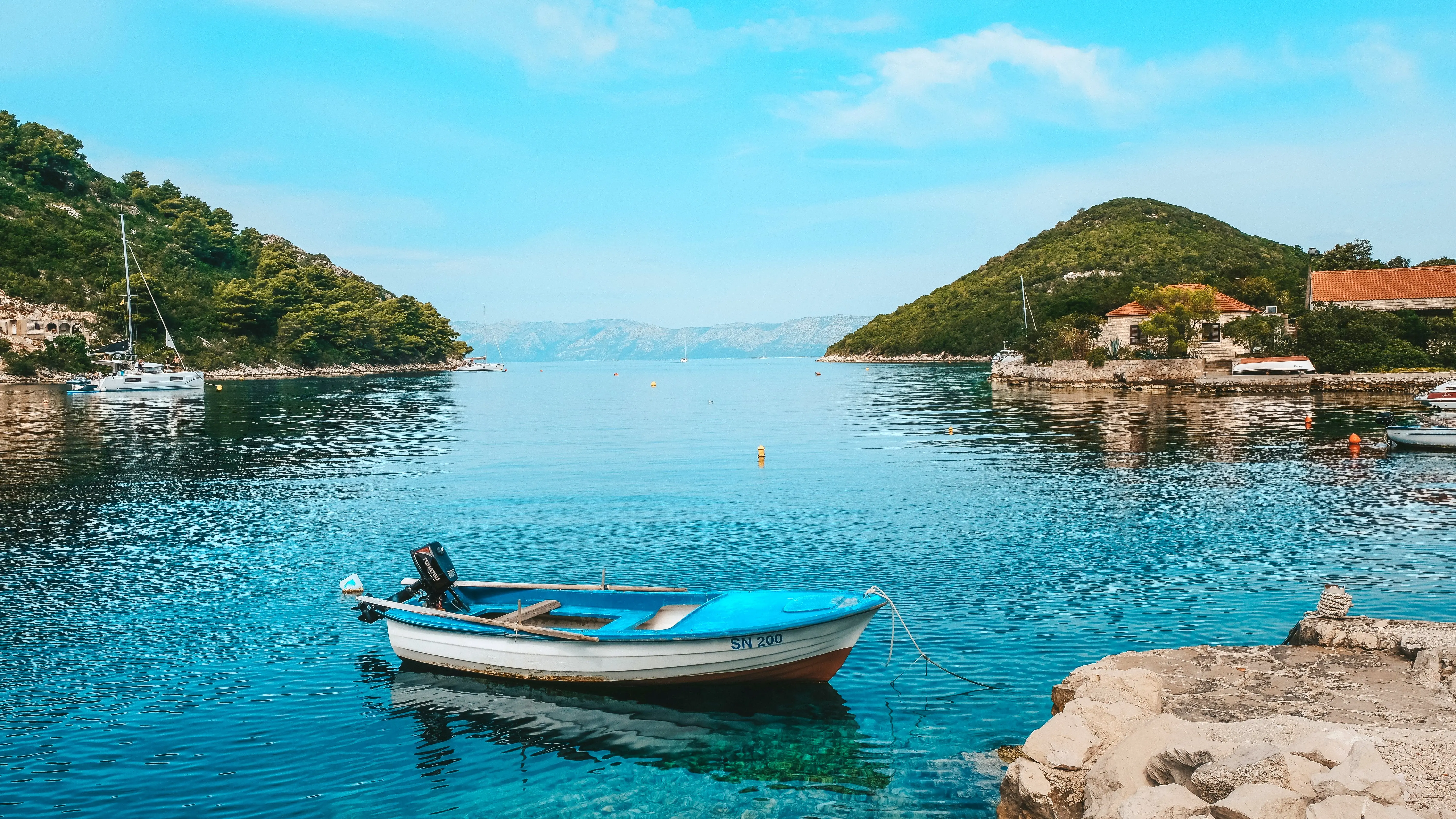
Day 6: Korčula - Prožura (Mljet)
Prožura is a small settlement on the central part of the island of Mljet. Its cove is located on the northern coast, well protected from all the winds by the two islands directly adjacent to the cove: Borovac and Planjak. There are several places you can berth, up to 4m deep.
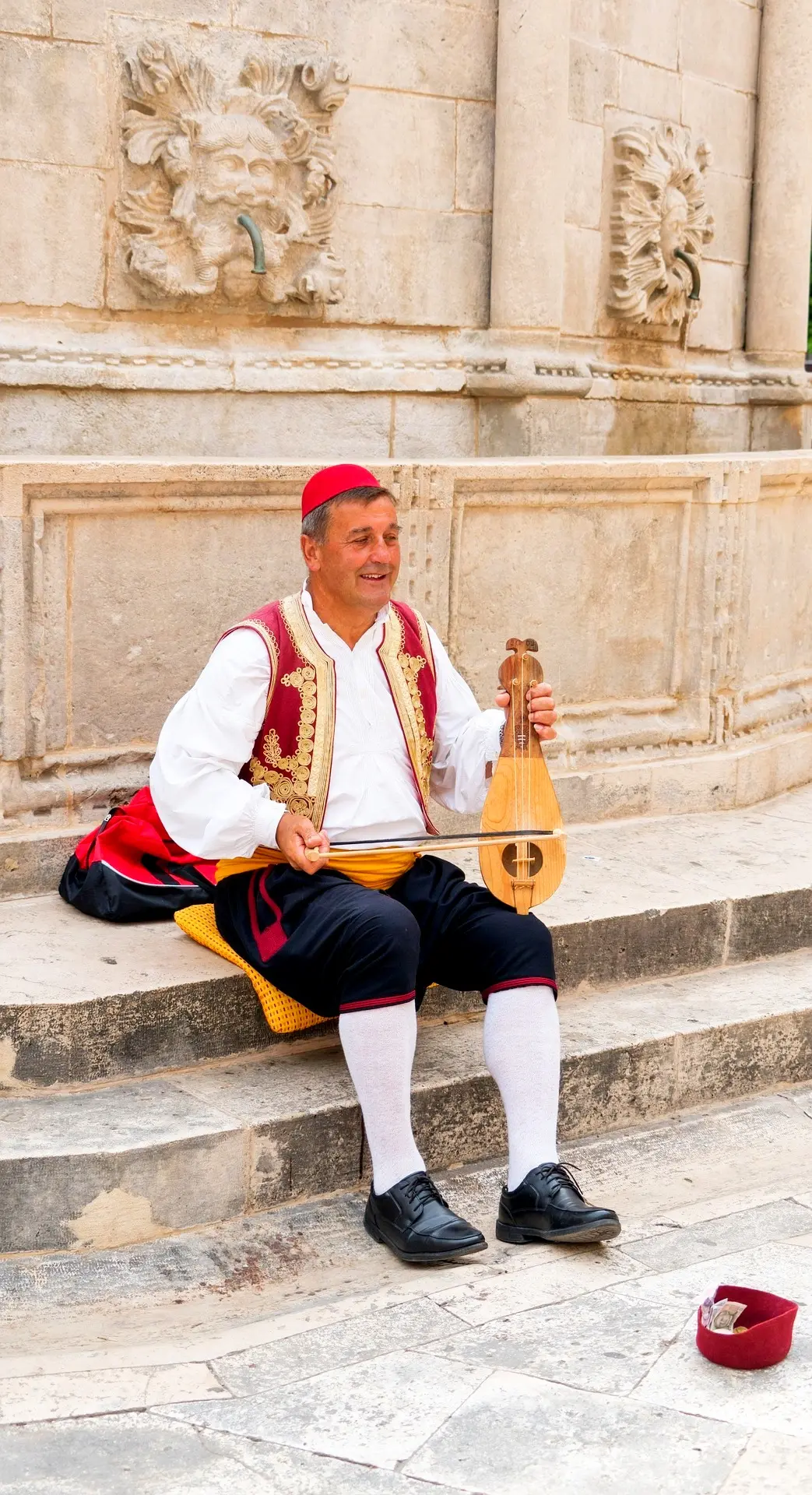
Day 7: Prožura - Dubrovnik
The city of Dubrovnik, once the center of the Dubrovnik Republic which, for a time, competed on equal ground with Venice in the north, is today one of the most important tourist and historic centers on the Adriatic, as well as the Mediterranean. By far the best way to experience the vast cultural and historical heritage of Dubrovnik, is to traverse its streets on foot. A stroll over the famous Stradun, and the 25m high, 2km long City walls, will take you past numerous palaces, churches, and various places whose lesser significance all adds up to the vast glory of Dubrovnik. Its name is somewhat of a synonym for Croatia in the far corners of the world, and the more you learn of Dubrovnik, the less surprised you will be to know that its population increases tenfold during the peak of the tourist season.

